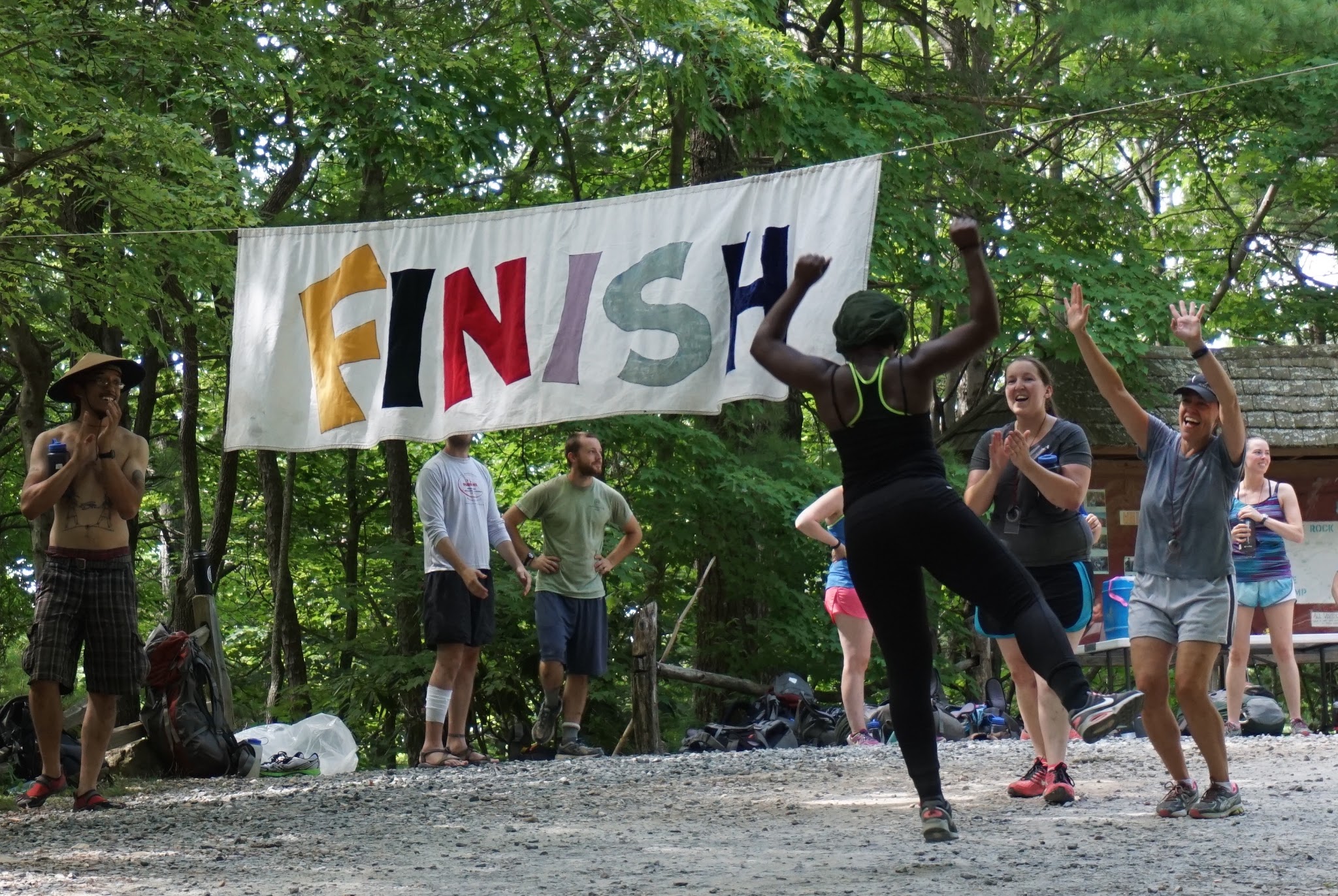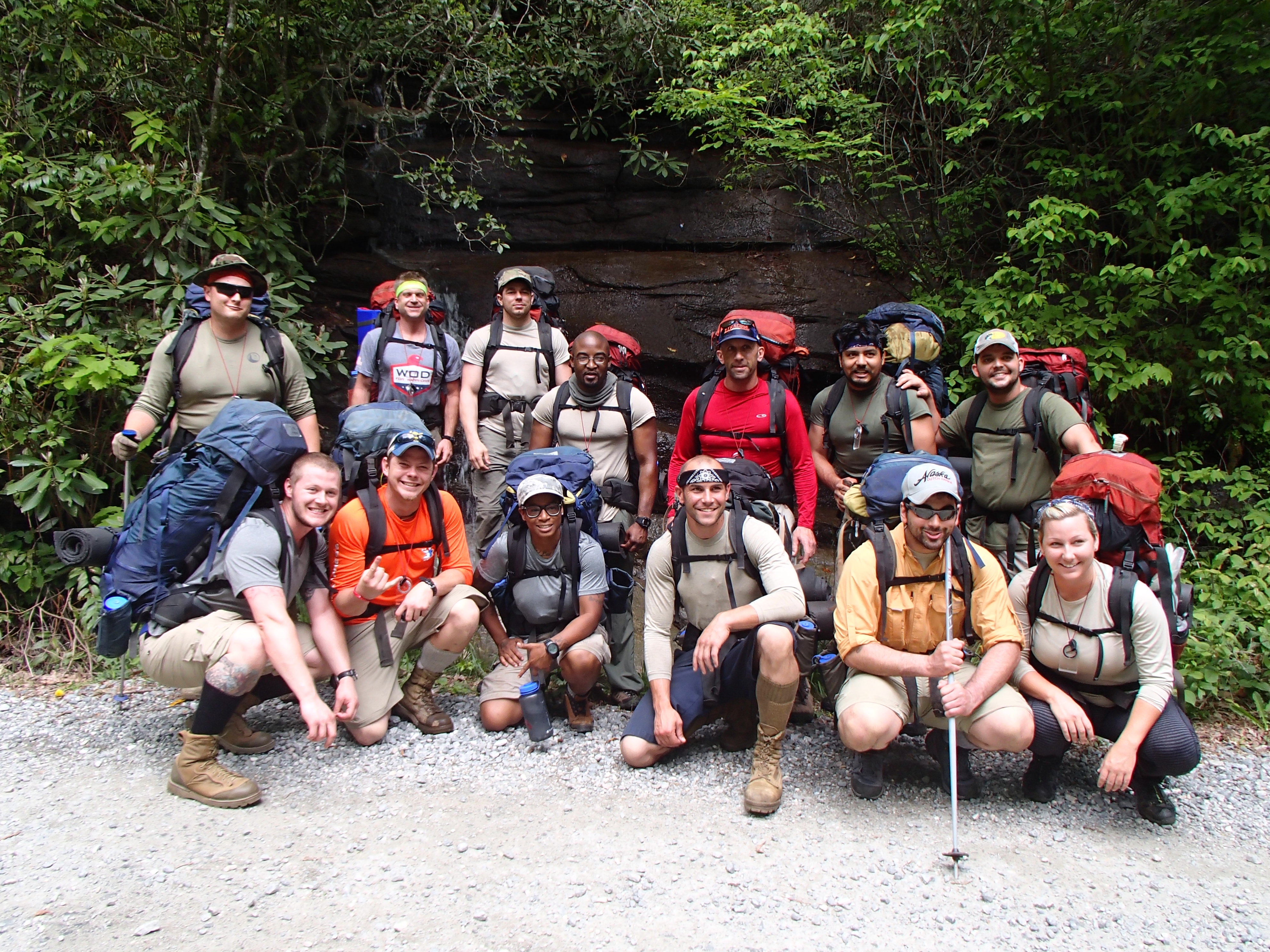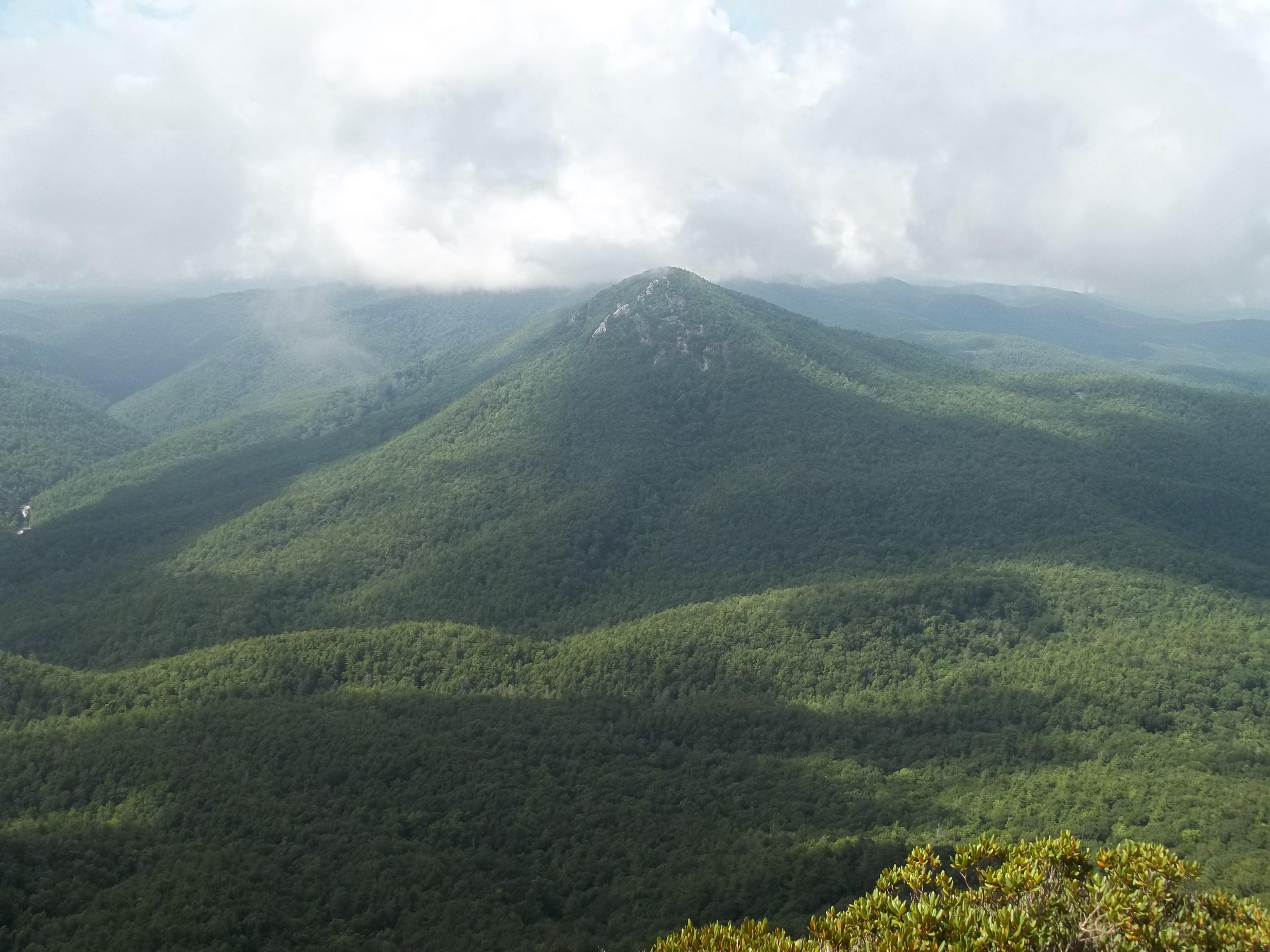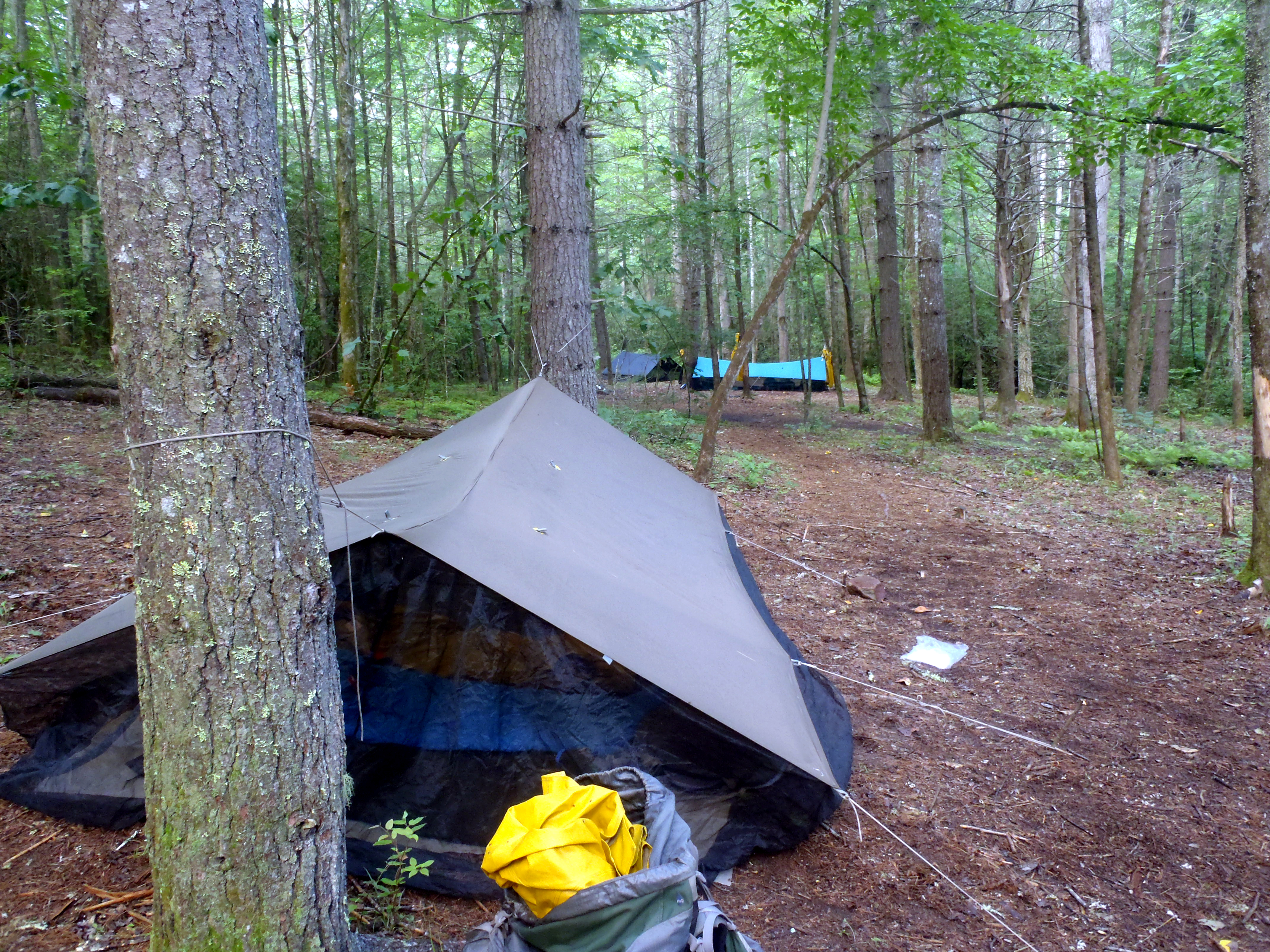Course Number
NCVF-2421
Date
September 09, 2024 - September 14, 2024
During your course, you will be spending the majority of your time backpacking. During this component, you learn safety precautions for backcountry foot travel, how to find campsites, how to navigate terrain as well as how to use a map and compass. Equally important will be time spent learning conflict resolution, communication styles, leadership and team building. After practicing these skills, your instructors will step back and let you and your crew work together to collectively navigate through the wilderness.
Since your crew’s navigation depends on individual and group decision making, your crew could make some navigational errors along the way. You will be carrying a backpack that may weigh 50+ pounds. The weight is manageable, as the packs (when fitted correctly) will rest on your hips not on your back or shoulders. You may end up hiking long hours to reach your destination. You may expedition three miles uphill one day and eight miles over varied terrain the next day. Therefore, we want to remind you that physical preparation is very important!
BACKPACKING
Specifics: During your course, you will be backpacking up to three days.
FINAL CHALLENGE EVENT
At the end of your course, you will participate in a personal challenge event. This is a great time to see how much your physical fitness and endurance have improved since you began your course. This event will be a running activity. It is not a race. Your instructors set a certain route for your crew and you complete the route at a level that will challenge you the most.

SOLO - SELF REFLECTION
Solo typically occurs more than halfway through your course and may last up to 24 hours. Your instructors will assign each participant an individual campsite within a designated area. Your instructors will teach you procedures to follow during solo and monitor you during this experience. You will know the location of your instructors’ campsite should you need to contact them; otherwise it is essential that you remain in your designated area. If your course has an overnight solo you will have your clothing, food and water. In addition, you will have Outward Bound issued gear: including rain gear, shelter, sleeping bag, compass and whistle. You will not be physically active during solo, as solo is a time for rest, recharge and reflection. Solo is also a good time to write in the journals we provide. If you have questions or concerns, please discuss with your Student Services Representative or your instructors.
WHITEWATER PADDLING
Weather permitting, you may spend up to two days whitewater paddling.
CANOEING – up to 1 day
Weather permitting, you may spend up to one day whitewater canoeing. We use tandem (two person) canoes. Some of the topics you may cover during this portion of the course include:
- Basic water safety and rescue techniques.
- Identification and use of paddling equipment.
- How to work with your paddling partner to successfully negotiate class I - III rapids.
- Advanced skills including flatwater and whitewater paddling strokes and maneuvers.
RAFTING – up to 1 day
Each raft carries 4-6 participants and an instructor. You and your crewmates will learn or practice:
- Basic water safety and rescue techniques.
- Identification and use of paddling equipment.
- How to work with your paddling partners to successfully negotiate class II and III rapids.
- Whitewater paddling strokes and maneuvers.
WATER COMFORT ASSESSMENT
It will be necessary for you and your crewmates to perform a rapid swim assessment; as well as a flip and swim (or canoe capsize) assessment in the river. This activity is closely monitored by your instructors and river specialists. It is critical for us to determine your whitewater paddling comfort as you and your crew maneuver challenging rapids. Even if you are a non-swimmer or weak swimmer, you will still participate in this safety assessment. All students will be wearing safety helmets and personal floatation devices (PFDs) during the assessment. Helmets and personal floatation devices (PFDs) are required apparel anytime students are on the water.


